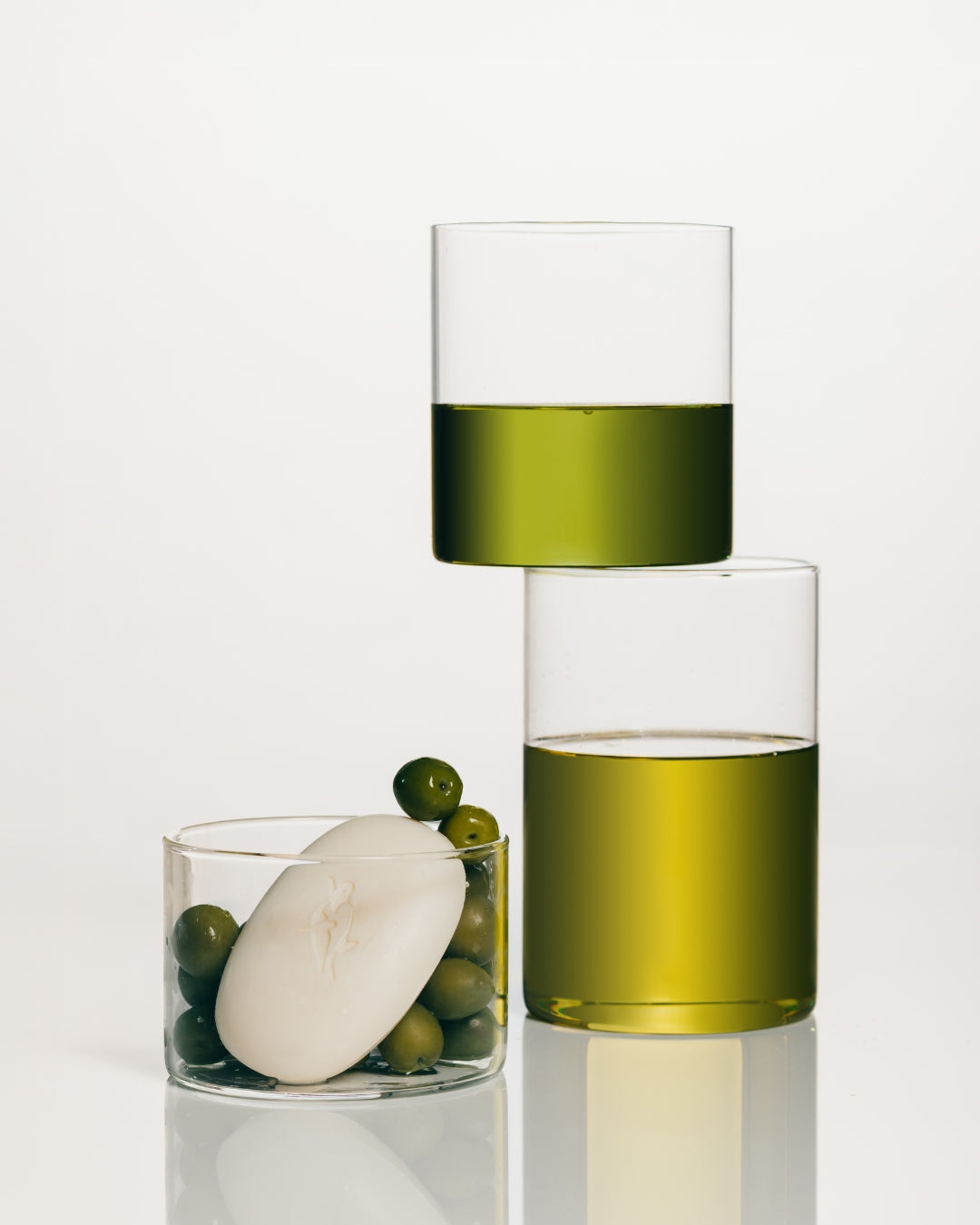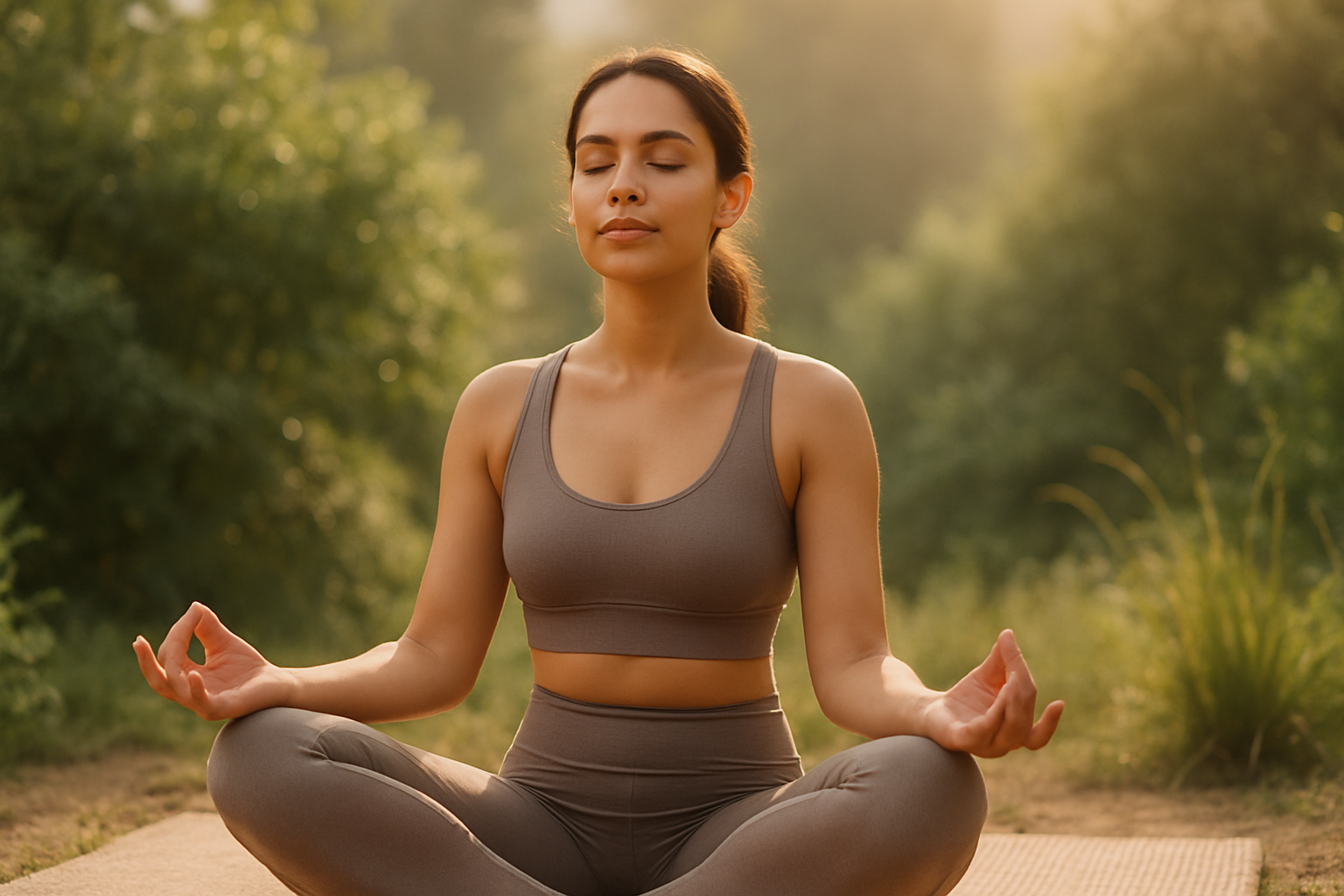Chemicals are part of our modern lives, from the clothes we wear, the paint we use in our homes, to the products we use to clean them and even treatment of illnesses. The good news is, there are ways to reduce or avoid toxic chemicals in your home and outdoors. Here are 10 ways to reduce toxins in the home and protect your family’s health.
1 - Use non-toxic cleaning products
Many household cleaning products contain chemicals that remain in the air long after you’ve finished using them. Choose natural cleaning products made from plants or minerals, or make your own cleaners using everyday pantry items such as lemon juice, vinegar and baking soda.
2 - Reduce the amount of plastic in your home
Where possible, avoid buying products wrapped in plastic or stored in plastic containers or bottles. At Pure Planet Club, all our bathroom and personal care products are proudly plastic-free, including our
eco-friendly bamboo toilet paper and
100% recycled toilet paper, and our
organic lip balm.
3 - Filter your tap water
Use a pitcher or jug water filter, or install a filter to your faucet to purify your tap water. Filtered tap water may be a better choice of drinking water than bottled water – not to mention being a better choice for the environment. In a recent US study, 10 best-selling brands of bottled water were tested, and researchers found mixtures of 38 contaminants, including bacteria, fertiliser and industrial chemicals -- all at levels similar to those found in tap water.
4 - Read the labels
As a basic rule of thumb, the fewer ingredients a product has, the simpler the solution. If you recognise the ingredients in the list, this is another good sign – if you can’t understand half the words, that’s a problem. When reading labels, look for products that appear to disclose all their ingredients. Words such as warning, danger or poison indicate that the product’s ingredients are harmful. Choose the least hazardous product you can.
 Benoit Daoust via Shutterstock
Benoit Daoust via Shutterstock
5 - Don’t wear shoes indoors
When entering your home, take your shoes off and encourage others to do the same. You’ll avoid tracking in dust and dirt, pesticides sprayed in public parks, and bacteria and viruses. Leave a basket or shoe rack near the entrance to make it easier for everyone to adhere to this rule.
6 - Ditch the pesticides
Pesticides kill bugs, mice, lawn pests and weeds. But overexposure and chronic small exposures may put children at risk of a range of health problems, according to WebMD. Avoid indoor pests by keeping cooking and eating areas clean, wiping surfaces down thoroughly and keeping food packages and containers tightly closed. To tackle garden weeds, either weed by hand or if they are in pavers, pouring boiling water on them does the trick.
 Bannafarsai_Stock via Shutterstock
Bannafarsai_Stock via Shutterstock
7 - Wash your hands with soap
When it comes to keeping your hands clean and avoiding germs, good old-fashioned soap works just as well as antibacterial soaps, sprays and foams, and is far safer and gentler. Moisten hands, rub thoroughly with soap for about 20 seconds on the backs of hands, between fingers and under the nails, then rinse.
8 - Vacuum floors regularly
Vacuum carpets and floors regularly and use a fine particulate filter, such as a HEPA filter, in your vacuum cleaner, if possible. If you have a bag vacuum change it regularly. Otherwise, the dust vacuumed up is redistributed into the air where it can be inhaled.
 Arturs Budkevics via Shutterstock
Arturs Budkevics via Shutterstock
9 - Choose seasonal, organic food
A 2013 RMIT Study found that eating an organic diet for just a week can cause pesticide levels to drop by almost 90 per cent in adults. And while organic food is usually more expensive than conventional produce, there are ways to cut the cost. Buy in-season produce at your local farmers market, just go organic for foods you eat more frequently, or check the
Clean 15 and
Dirty Dozen, which is a great guide to the foods that contain more (or less) pesticides. The list changes annually but as a general rule, leafy greens, berries, soft stone fruits, capsicum and celery are the worst offenders, so are worth buying organic, while the Clean 15 often features fruits with thick skins such as pineapple and melon, and veggies such as sweet potato, onions and cabbage.
10 - Green up your laundry
Avoid using harsh detergents and try using a combination of washing soda and borax in your washing machine instead. These are usually just as effective as more complex formulas and less expensive too. When possible, dry your clothes outside instead of using the dryer.




